According to Australia Bureau of Statistics in 2024, 20% of the nation’s workers have agreed to a non-compete clause in their employment contracts. Additionally, 50% of businesses have some sort of restraint clause in their contracts. This restricts employee job mobility and potential wage increases.
The Albanese Government has announced that if it is re-elected at the 2025 Federal Election, it will limit an employer’s use of non-compete clauses for employees who earn less than the high-income threshold under the Fair Work Act 2009 (Cth) (currently at $175,000).
What are non-compete clauses?
A non-compete clause is a type of restraint of trade that limits the post-employment work activities of a former employee. It prevents or restricts an employee from working for competitors or starting up their own business after leaving their current employer. Employees on the higher end of the threshold may have more access to confidential information and employers risk facing commercial risk and exposure of their business and clients, when employees leave. Therefore, contracts containing non-compete clauses allow businesses to protect their intellectual property, often primarily their client base.
When seeking to enforce a non-compete clause, care would need to be taken to ensure the restraint does not overreach. It is important the non-compete clauses are reasonable and protect legitimate business interests.
Furthermore, lower income employees (those significantly below the threshold) are disproportionately affected by non-compete clauses. Non-compete clauses are increasingly common across various industries of work despite their lack of legal enforceability in such cases. It may be unfair to the employees as they are more likely to have less resources to challenge or defend against employers who seek to enforce non-compete clauses in court. Moreover, employees on low income who are faced with non-compete clauses may experience wage stagnation due to low position availability and reduced job mobility.
For a non-compete clause to be enforceable the clause must be necessary to protect the legitimate business interests of the employer and the restraint itself must be reasonable. When courts consider whether a restraint in an employment contract is enforceable, they will consider:
- the duration of the restraint,
- the area of the restraint,
- the employee’s role and seniority at the business,
- the level of income of the employee,
- the effect of the restraint clause on the employee’s ability to continue earning money.
Ramifications of such a change
Businesses may see non-compete clauses as beneficial for the protection of their business interests. A common issue amongst employers is that many employees who earn close to the high-income threshold have access to employers confidential and sensitive information. This could create a risk of damage to the employer’s business if the former employee is able to move freely to a competitor in the absence of restraints as no restriction may have been placed on the employee and they are able to use sensitive information from their previous employer against them. Ultimately, the Albanese Government’s proposal could significantly impact an employer’s ability to protect their legitimate business interests.
However, the proposal could also ensure fairer condition for employees especially those earning lower incomes. This is because there are severe consequences for non-compete clauses being enforced on employees earning less than the threshold. Although non-compete clauses can allow for a business to protect confidential information and intellectual property, employees may also experience negative effects of non-compete clauses being enforced. They may be prevented from moving to better jobs as they are restricted by the non-compete clause in what industry they may continue working in. In addition, employees may experience financial hardship due to an inability to find work in the same field of expertise. Another issue is the uncertainty amongst employees earning a lower income as to whether non-compete clauses are enforceable. This can discourage employees from moving to higher paid and better jobs, despite the clause being unreasonable and unenforceable. By banning non-compete clauses from being applied against the vast majority of workers in Australia, this could ensure that many employees are not burdened with the negative effects of these clauses.
Conclusion
The reforms on non-compete clauses are scheduled to take effect from 2027, if the Albanese Government is re-elected. At PH Solicitor, we have extensive experience in advising both employers and employees about post-employment restraints seen as non-compete clauses. If you are currently experiencing issues with non-compete clauses and require advice specific to your circumstance, please contact the team at PH Solicitor at admin@phsolicitor.com.au or by phone on (03) 9642 0435.
Disclaimer: Nothing in this article should be relied upon as legal advice. The contents of this article should be regarded as information only.

